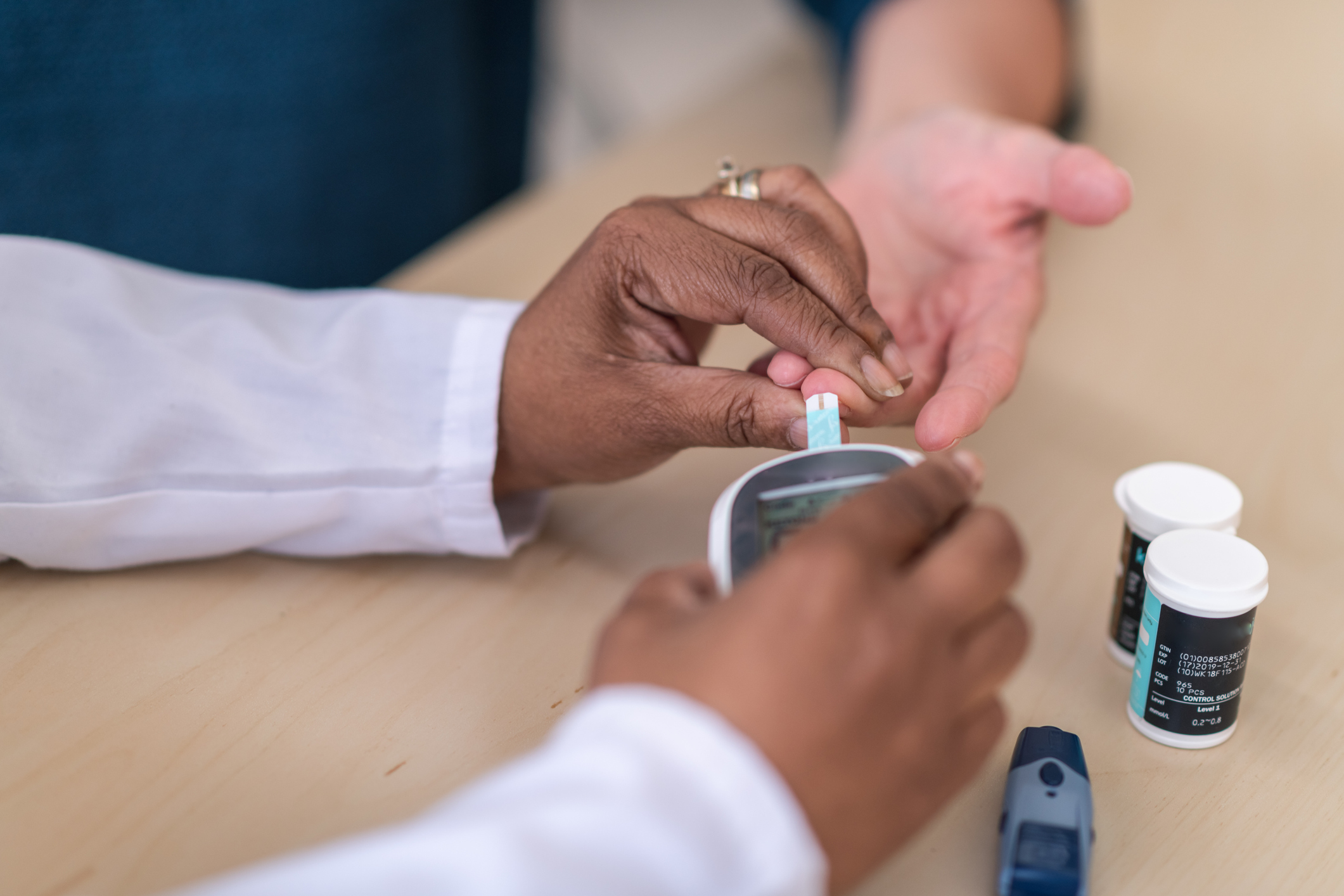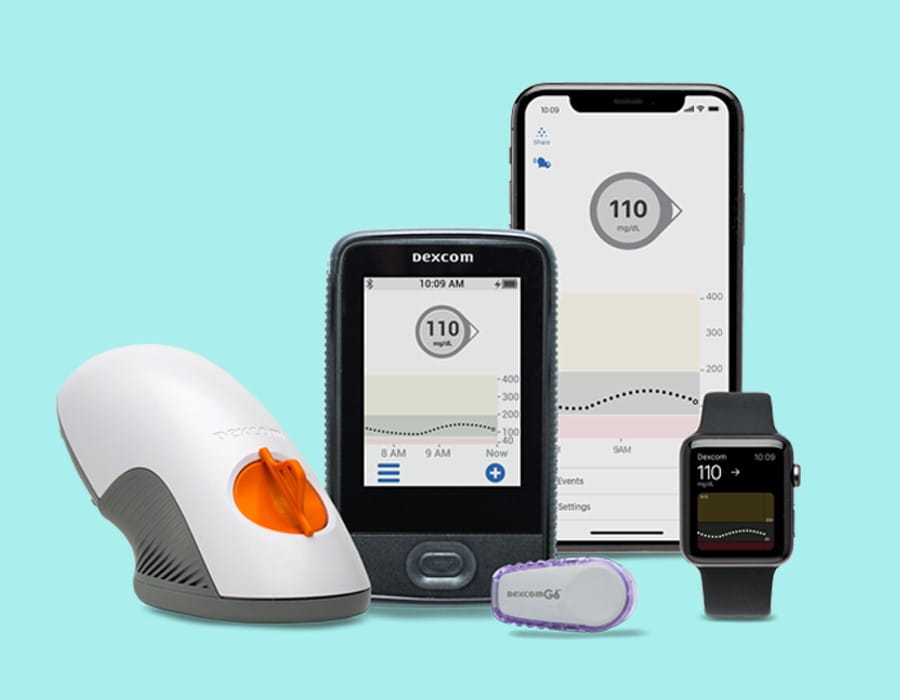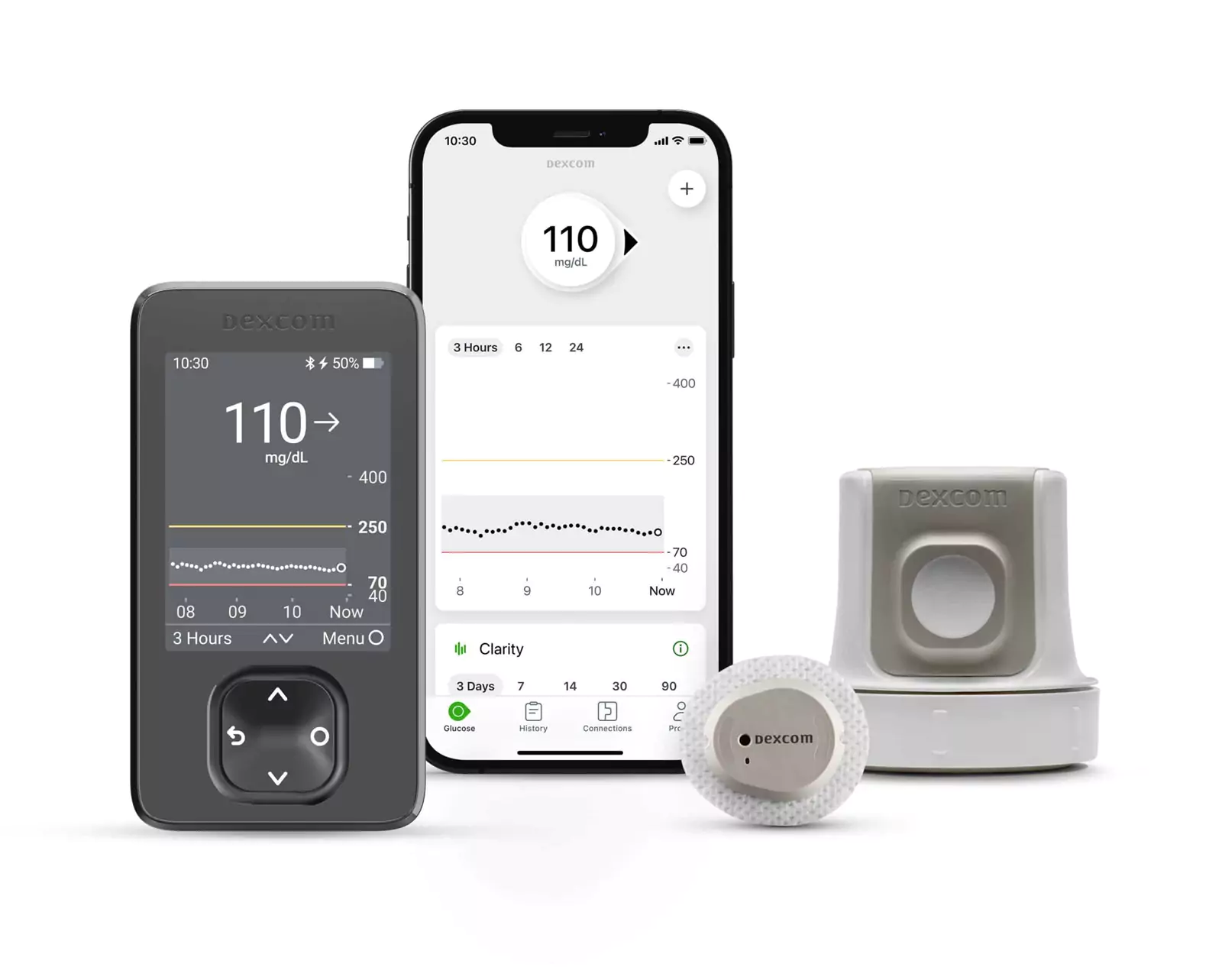
UP TO 40% OFF SITEWIDE





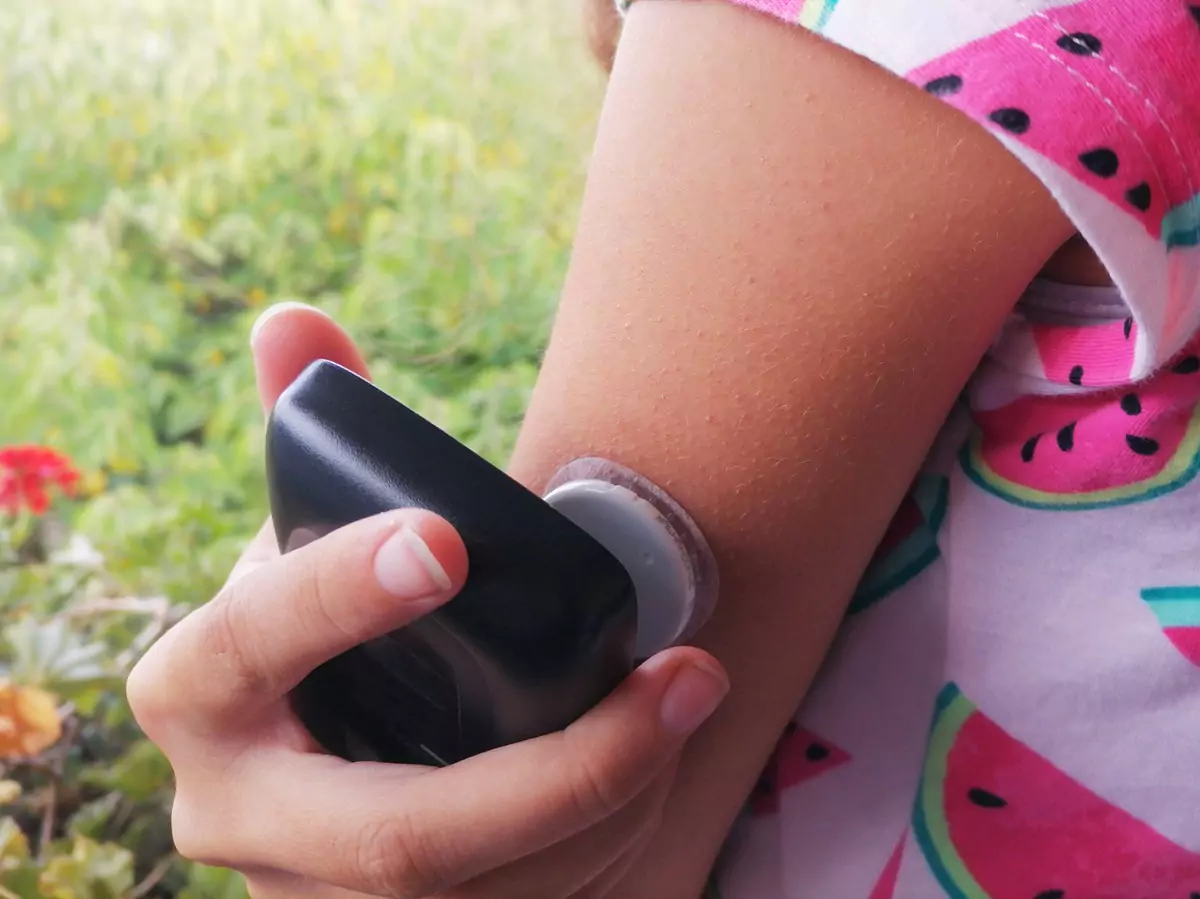
Can You Use a Dexcom Transmitter Longer Than 3 Months?


Table of Contents
- What is a Dexcom Transmitter?
- The Latest Version: Dexcom G7
- Can You Extend the Life of a Dexcom Transmitter?
- The Official Recommendation
- User Experiences
- Balancing Costs and Health
- Warranty and Support
- The Value of Compliance
- Costs and Insurance Coverage
- SugarMD Advance Glucose Support
- The Link to Overall Dexcom Costs
- Conclusion
- About The Author
Dexcom, a leading name in continuous glucose monitoring (CGM) systems, has revolutionized the way people with diabetes manage their condition. The Dexcom transmitter is a vital component of this system, but many users wonder, "Can you use a Dexcom transmitter longer than 3 months?" In this article, we'll explore this question in detail and provide insights that may lead you to further considerations, such as the costs and insurance coverage for Dexcom products.
What is a Dexcom Transmitter?
The Dexcom transmitter is a small device that sends glucose readings from the sensor to your smart device or Dexcom receiver. It's an essential part of the CGM system, allowing for real-time monitoring and better diabetes management.
The Latest Version: Dexcom G7
It's worth noting that the latest version of the Dexcom system the Dexcom G7, has been released. This new model offers enhanced features and improved performance. More details on the costs and insurance coverage for the Dexcom G7 can be found
Can You Extend the Life of a Dexcom Transmitter?
The Official Recommendation
Dexcom, as a leading provider of continuous glucose monitoring systems, has set clear guidelines for the usage of their transmitters. The official recommendation is to use the transmitter for up to 3 months. This 3-month period is not an arbitrary number but is based on extensive research and testing. The Dexcom transmitter is powered by a battery that is designed to last for this 3-month period.
After this time the battery's performance may decline, leading to less accurate readings. The accuracy of glucose readings is vital for diabetes management and any deviation can lead to incorrect treatment decisions.
User Experiences
Despite the official guidelines, some users have reported extending the life of their Dexcom transmitter beyond the 3-month mark. These experiences vary widely and are often shared on online forums and social media. Some individuals have successfully used their transmitters for longer periods without noticing significant changes in accuracy.
They argue that this practice can save money, especially for those who are not covered by insurance or who wish to reduce medical expenses. However, this practice is not endorsed by Dexcom and there are several risks associated with it. Extending the life of the transmitter may lead to unreliable results. The battery might fail unexpectedly, leading to a sudden loss of glucose monitoring which can be dangerous for individuals relying on continuous data.
Moreover, unofficial methods to extend the transmitter's life might involve tampering with the device, leading to further risks. These methods are not standardized and can result in damage to the transmitter or even personal injury.
Balancing Costs and Health
The desire to extend the life of the Dexcom transmitter often stems from financial considerations. While it's understandable that users may wish to save on costs, it's essential to weigh these savings against potential health risks. For those concerned about costs, exploring insurance options and understanding what is covered can be a more reliable way to manage expenses. More information on Dexcom costs and insurance coverage, including the latest Dexcom G7, can be found here.
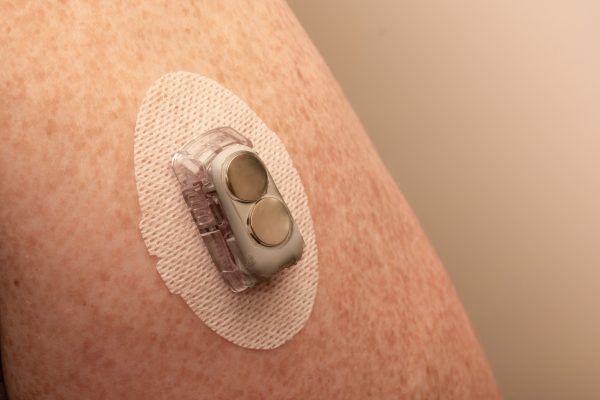
Warranty and Support
Extending the life of the transmitter may void the warranty provided by Dexcom. Most manufacturers offer warranties based on expected usage and using the device beyond the recommended period may be considered misuse.
If problems arise with a transmitter that has been used beyond the recommended period, Dexcom's customer support may be limited or unavailable. This lack of support can leave users without assistance when they need it most, potentially leading to disruptions in their diabetes management.
The Value of Compliance
Costs and Insurance Coverage
Understanding the costs associated with Dexcom, including the transmitter, is crucial. The transmitter is a recurring expense and planning for its replacement every 3 months is an essential part of budgeting for diabetes care. Different insurance providers may cover the costs of the Dexcom transmitter differently. Some may fully cover the replacement every 3 months, while others may have specific requirements or limitations.
SugarMD Advance Glucose Support
Maintaining healthy blood sugar levels can be a challenge. From carby meals to snacks and even with all the effort, it’s still not enough. That’s where SugarMD Advanced Glucose Support comes in.
Our blend of traditional Ayurvedic herbs helps regulate blood sugar levels, curbs cravings, supports weight loss, boosts metabolism and energy. Endorsed by endocrinologists, this unique formula of pure, potent herbs promotes overall blood sugar health. Ideal for both pre-diabetics and Type 2 diabetics.
The Link to Overall Dexcom Costs
The costs of the Dexcom transmitter are part of the overall expenses associated with using the Dexcom CGM system. Considering these costs, along with other factors such as sensor replacements and potential out-of-pocket expenses, is vital for comprehensive financial planning.
For more detailed information on the costs of Dexcom and how different insurances cover these expenses, including the latest Dexcom G7, it's worth exploring resources that provide a comprehensive guide.
Understanding these aspects can help users make informed decisions and choose the best options for their individual needs and financial situation. For a detailed guide on Dexcom costs and which insurances cover Dexcom, including the latest Dexcom G7, click here.
Conclusion
The question, "Can you use a Dexcom transmitter longer than 3 months?" is complex. While it may be technically possible, it's not recommended by Dexcom due to potential issues with accuracy and support. Considering the costs and insurance coverage for Dexcom products, including the latest Dexcom G7, is an essential part of managing your diabetes effectively. For more information on these aspects, don't hesitate to explore our comprehensive guide on Dexcom costs and insurance coverage.
About The Author
Meet Dr. Ahmet Ergin a highly skilled and dedicated endocrinologist with a passion for diabetes care. Dr. Ergin earned his medical degree with honors from Marmara University in Istanbul. He completed internal medicine residency and endocrinology fellowship at Cleveland Clinic.
Dr. Ergin is board-certified in Internal Medicine, Endocrinology, Diabetes and Metabolism due to his vast medical expertise. He's a certified diabetes educator, author of "The Ultimate Diabetes Book," and founder of "the SugarMD YouTube channel."
Dr. Ergin offers exceptional diabetes care to his patients in Port Saint Lucie, FL, helping them manage effectively. Disclaimer: These statements have not been evaluated by the Food and Drug Administration. Information on this website isn’t intended to treat, cure or prevent any disease. Discuss with your doctor and do not self-treat.
Written By Dr. Ahmet Ergin
466 total articles
Meet Dr. Ahmet Ergin, a highly skilled and dedicated endocrinologist with a passion for diabetes care. Dr. Ergin earned his medical degree with honors from Marmara University in Istanbul. He completed internal medicine residency and endocrinology fellowship at Cleveland Clinic. Dr. Ergin is board-certified in Internal Medicine, Endocrinology, Diabetes, and Metabolism due to his vast medical expertise. He's a certified diabetes educator, author of “The Ultimate Diabetes Book,” and founder of “the SugarMD YouTube channel.” Dr. Ergin offers exceptional diabetes care to his patients in Port Saint Lucie, FL, helping them manage effectively. For a closer look into his insights and experiences, connect with Dr. Ahmet Ergin on LinkedIn, Instagram, and YouTube.”
Disclaimer: These statements have not been evaluated by the Food and Drug Administration. Information on this website isn't intended to treat, cure or prevent any disease. Discuss with your doctor and do not self-treat.
Products









